Solar Panels For Homes
Solar Panel Installations To Reduce Your Electricity Bills & Carbon Footprint
As a trusted national solar panel and battery provider, with over 15 years of experience in installing solar systems, we can help you potentially save over £600 each year through solar power generation. With Effective Home solar panels cost less than you might expect, too!
Solar Power is the future
There’s no getting away from it, solar panels are the future and very much the present! According to government data, over 1.5 million homes in the UK have already invested in a solar panel installation, but that’s just the tip of the iceberg, as this is currently little more than 4% of the 29 million homes in the UK.
With ambitious Government carbon emissions targets to be met, and households more keen than ever to protect themselves from rising energy costs, the demand for solar is only ever going to grow. With solar power becoming cheaper and easier to produce.
Let Effective Home get you on the road to cleaner, cheaper energy and join the thousands of other homeowners within the UK who have already begun their journey.
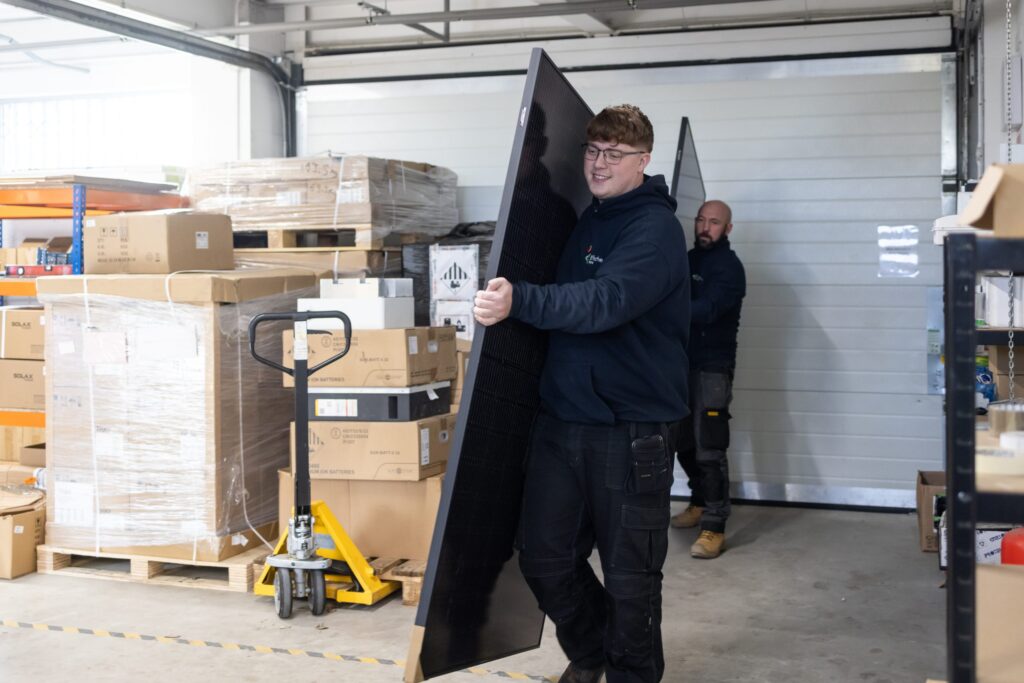
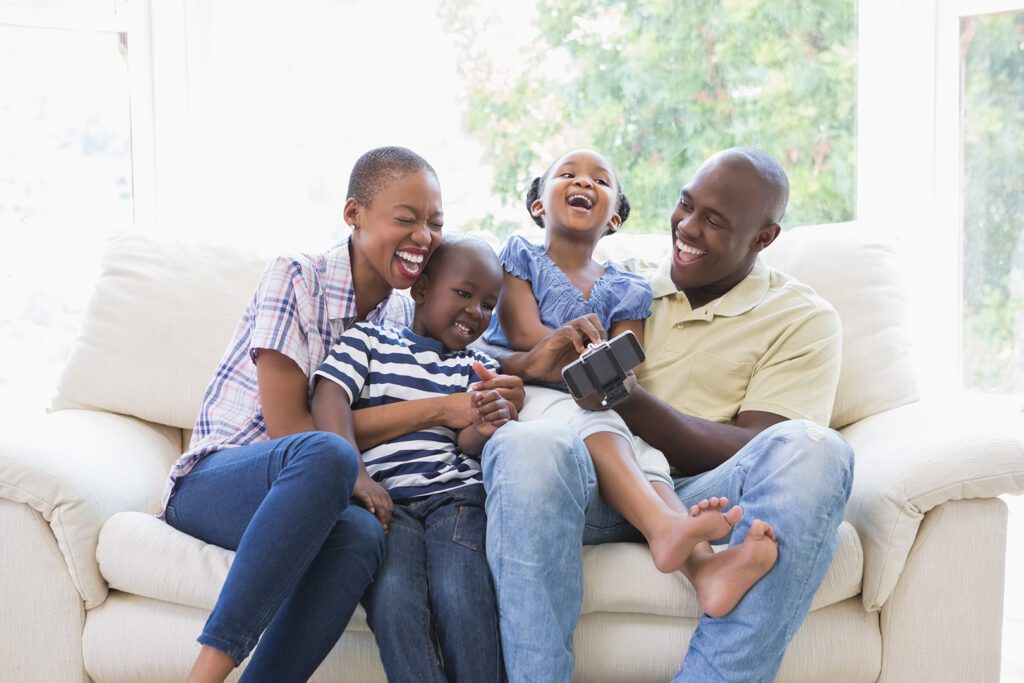
How much could you save with solar?
By generating solar electricity and using your own free energy – instead of power from the National Grid – you can make significant savings on your electricity bills. The Energy Saving Trust estimates that solar panel installations can generate up to £690 in annual savings/income when combined with a solar diverter (to heat your hot water) and Smart Export Guarantee SEG payments (based on fuel prices as of October 2024) depending on how much time you are at home during the day, and therefore using the solar electricity being produced.
Using solar battery storage alongside your panels can further increase your savings – The battery will store your surplus energy so you can use it in the evenings.
What Solar Packages Can I Get?
Each system is bespoke to your needs. The Panels using daylight which is captured by the photovoltaic cells to produce direct current (DC) electricity. Essential to this system is a solar inverter which converts DC electricity to usable electricity AC power. Additionally, you may add a battery to further enhance your solar experience and savings.
Effective Home can help, whether you want to add solar panels to an existing property, or add a solar battery to an existing solar solution. With 0% VAT payable on all home solar installations until March 2027, there has never been a better time to go start your solar journey. Reduce your electricity costs and use of fossil fuels by contacting us to find out how we can help you today.

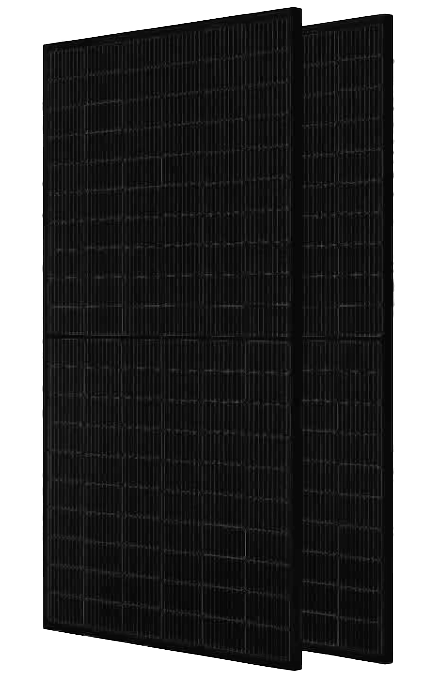
JA Solar 190W MBB Half-Cell Black Panels
- Higher output power
- … read more …
- Higher output power
- Lower LCOE
- Less shading and lower resistive loss
- 25 year linear power warranty

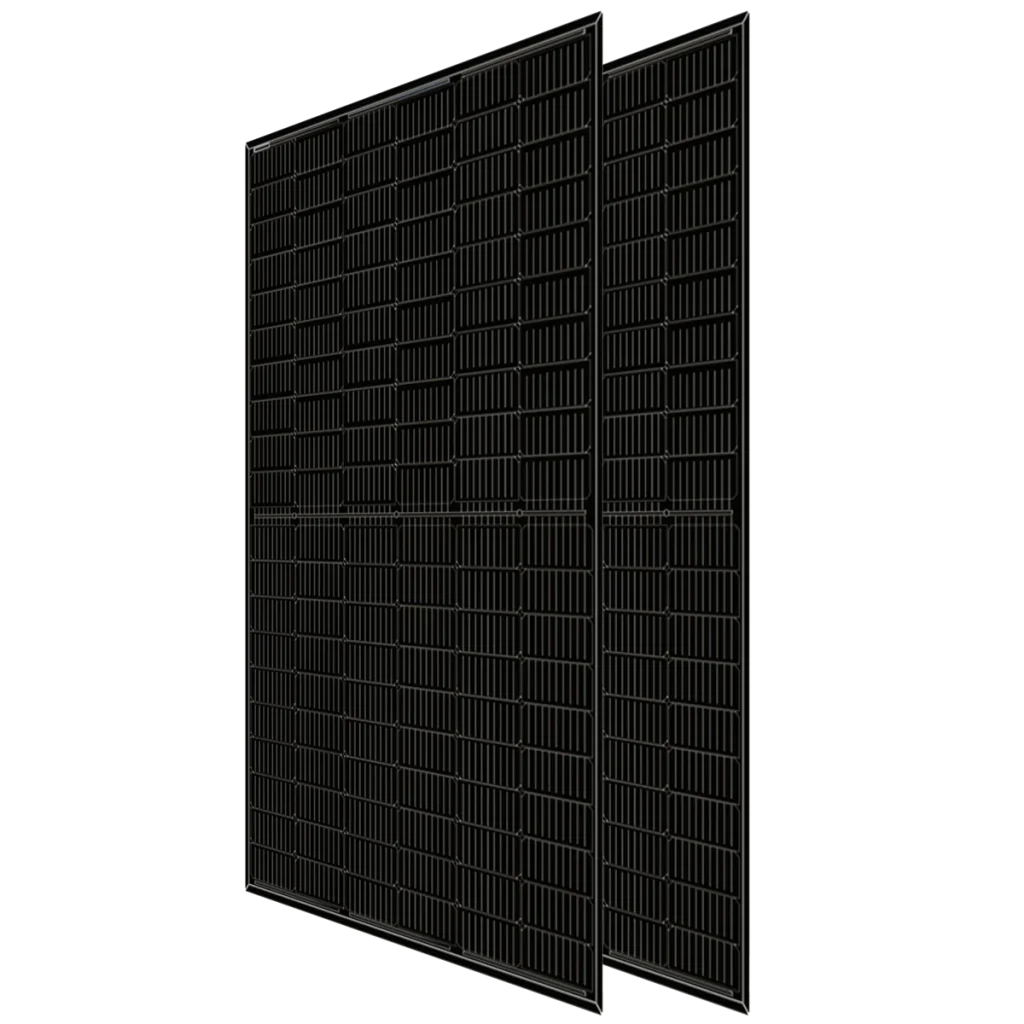
Longi Hi-MO 5m LR5-54HIB Panels
- Gallium-doped Technology
- … read more …
- Gallium-doped Technology
- Optimised Electrical Parameters
- Smart Module Packaging and Logistics
- 25 year linear power warranty

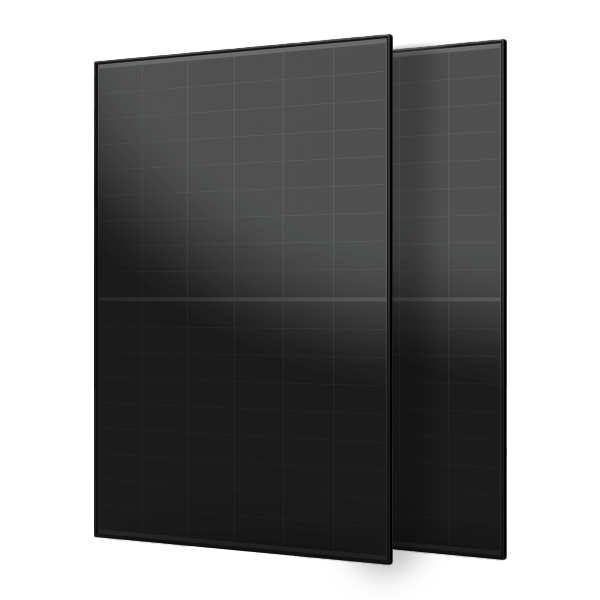
AIKO 450 Black Panels
- High efficiency
- … read more …
- High efficiency
- All black design
- N-Type Cells
- 30 year performance warranty
Solar Panels & Battery
Buy solar panels & Sunsynk battery bundles & save 70% on energy bills…
Buy solar panels & Sunsynk battery bundles & save 70% on energy bills
- Best overall savings
- Most reliable
- Sell power back to the grid
from £70/pm
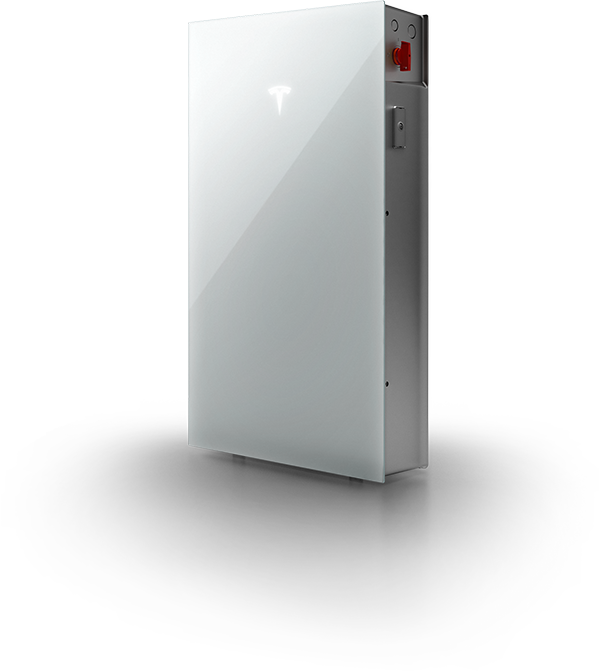
Tesla Powerwall 3
Reduce your energy bills while maximising the value of your home’s solar system…
Reduce your energy bills while maximising the value of your home’s solar system.
Government Grants
Get Solar Panels for free with Government Grants and schemes. Save 50% on energy bills…
from £0/pm
Why Choose Effective Home For Solar Panel Installations?
With a commitment to efficient and affordable solar solutions, we make it easy for homeowners across the country to improve their home’s efficiency and enjoy all the benefits that come with it.
Experienced Trusted Team
Expert team with over 15 years of experience and thousands of installs of energy generating or energy saving measures under our belts.
Free Home Surveys
Available virtually or in person, our home surveys can be carried out in a way that’s convenient and comfortable to you. Both are equally effective, so don’t miss out on our quality free survey service.
Solar With Confidence
As certified members of the Energy Performance Validation Scheme (EPVS), all of our estimates are independently verified so you can be confident in the quotes we provide.
No Faceless Call Centres
At Effective you work with us every step of the way – from initial chat to solar panel completion – we don’t outsource a single part of the process, so you’re always dealing with us directly.
Build Your Own Solar Quote
Create a Tailored Quote Based On Your Circumstances
Takes Less Than 2 Minutes
Fixed-Online Quotes
Solar and Battery Benefits
Cut electricity bills
Solar panels can help you cut your electricity by up to 70%.
Generate income with Solar
Sell excess energy back to the grid from your solar panels helping you save even more on your bills.
Improve your EPC rating
Solar panels can improve your property’s Energy Performance Certificate rating.
Reduce carbon footprint
Reduce your carbon footprint by generating your own energy using the sun, relying less on the grid.
Fully Monitored System
Keep check on your generation performance through an easy-to-use mobile application.
Working only with the best…






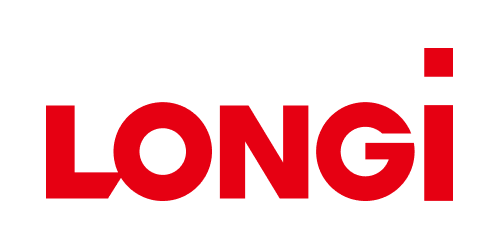
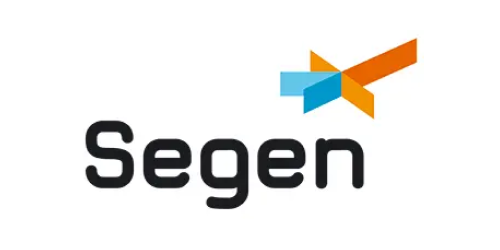
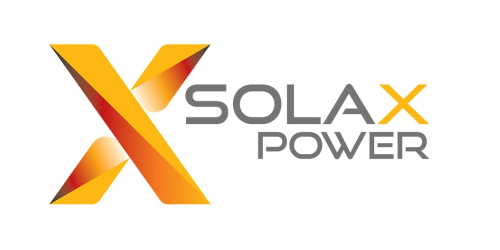


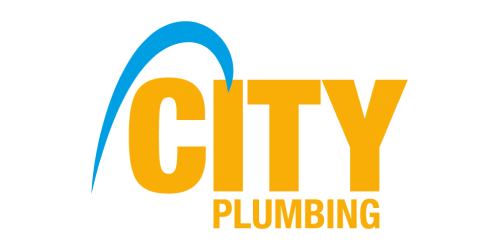


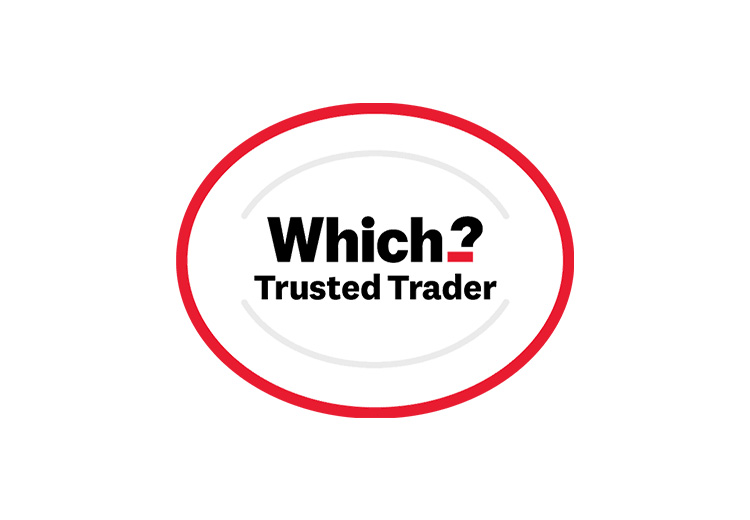
Solar power designed together, delivered by us
Why opt for solar power?
Home solar panels reduce your carbon footprint, offer energy security, and can save you significant amounts on your electricity bills. Solar is good for the planet, your peace of mind and your pocket. No matter your solar panel type you’ll benefit from solar energy with a solar panel installation from Effective Home.
Start saving and producing your own energy by installing solar panels from £6,650
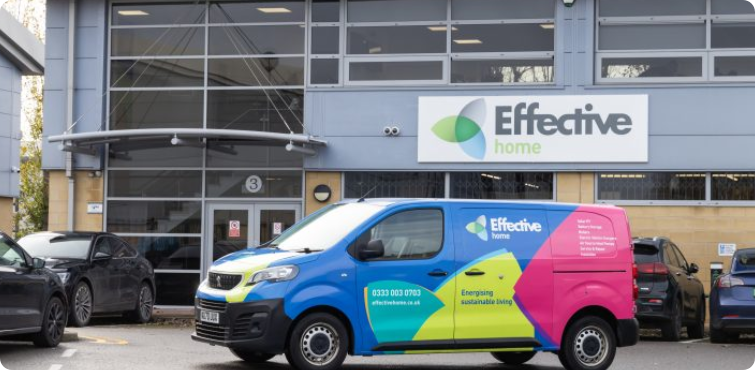
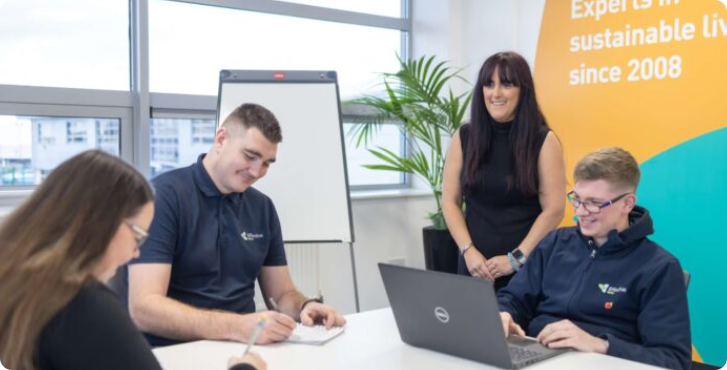
Energy independence and the use of renewable energy sources are becoming increasingly important issues across the country, especially at times of escalating energy costs. The installation of efficient solar panels helps protect the climate by reducing fossil fuel consumption and provides protection from future energy cost rises.
At Effective Home, we strive for a quality service that truly delivers. Our solar panels are of the highest quality and come with a 25 year warranty for true peace of mind.
What Our Customers Say
Don’t just take our word for it. See what our satisfied customers have to say about their solar journey with Effective Home.
Trusted and Accredited

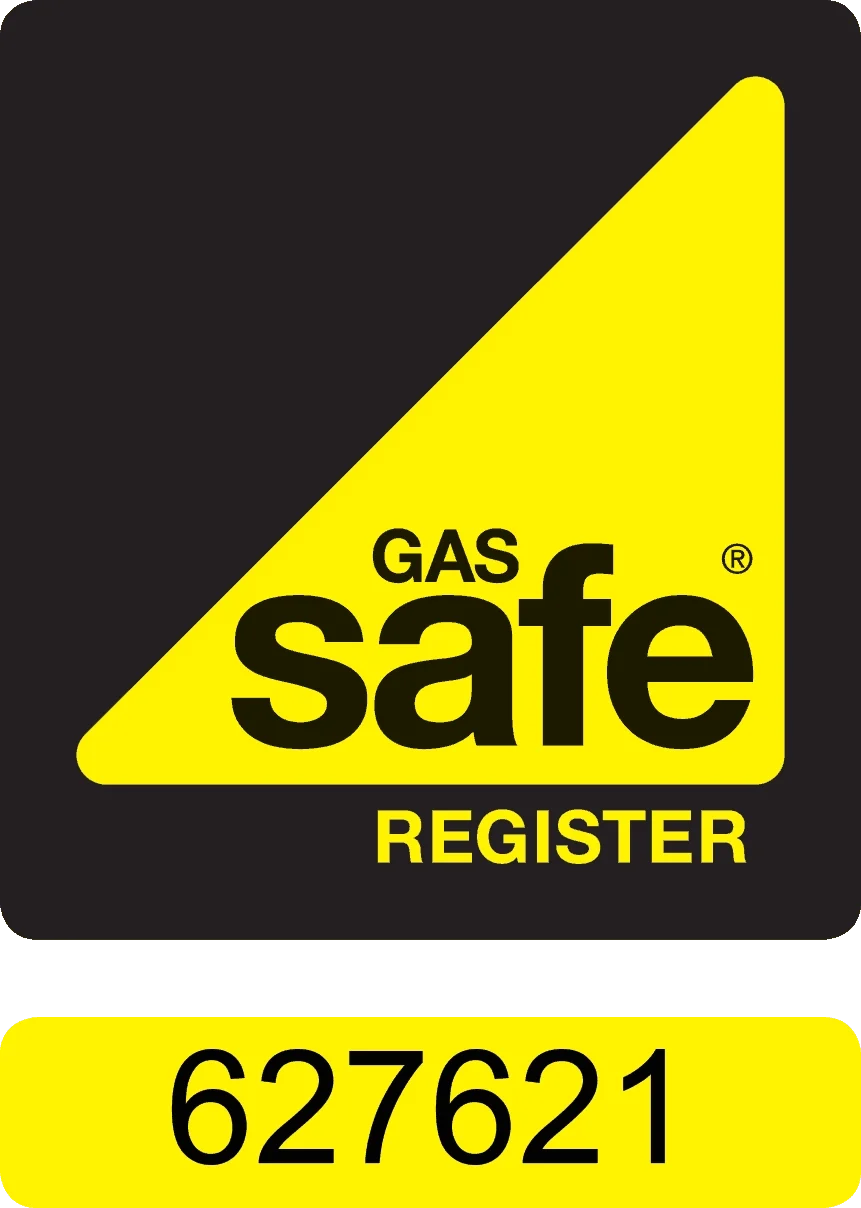



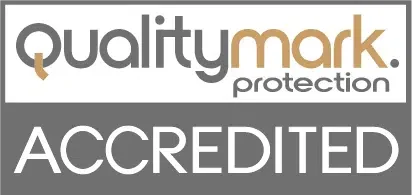
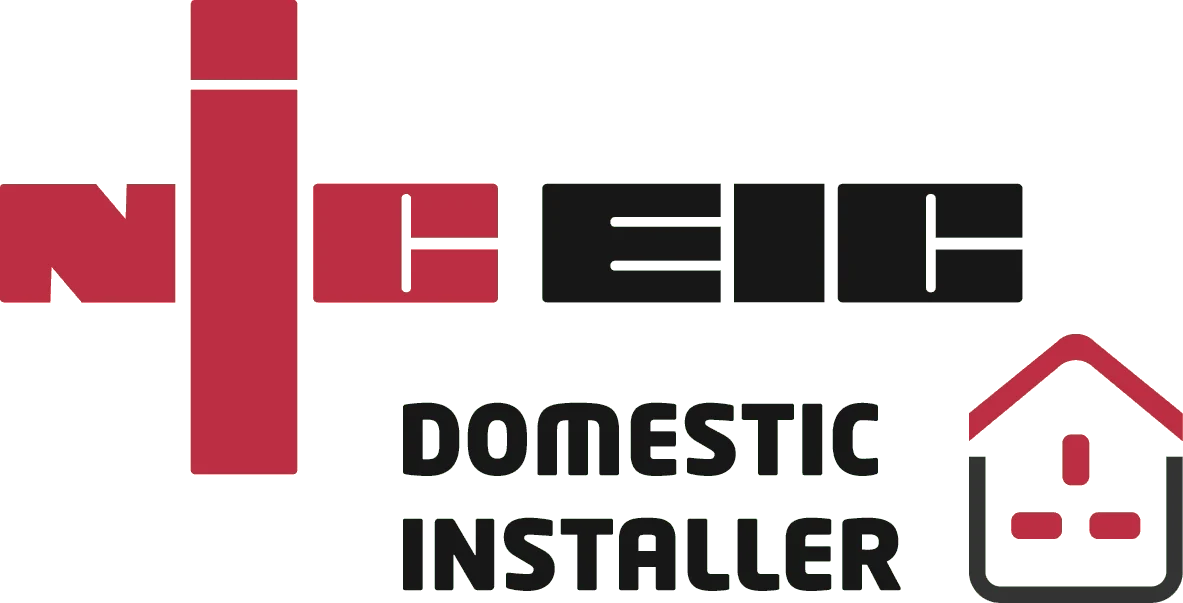
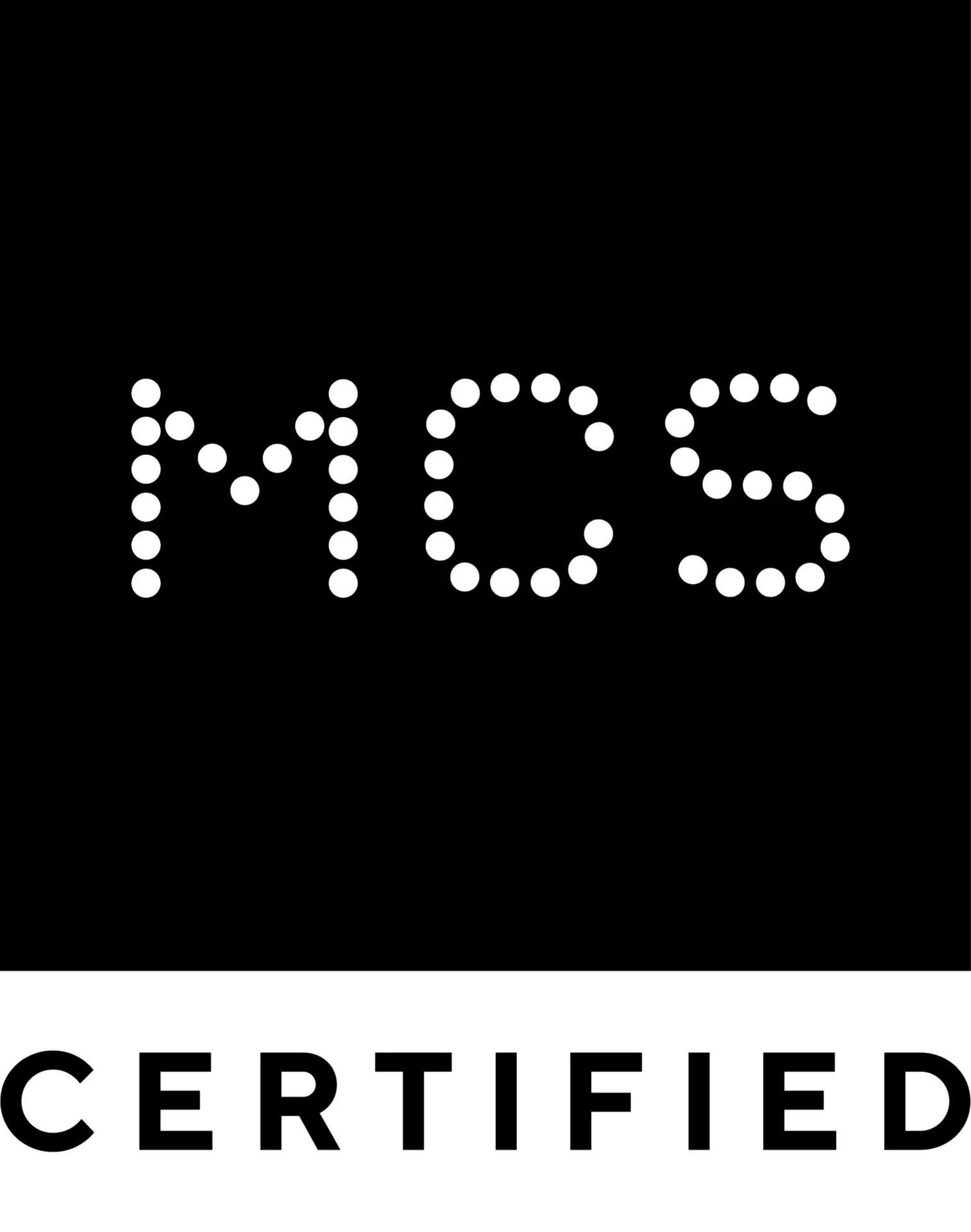
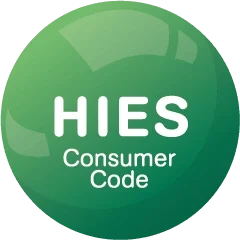

Solar Panel System - FAQs
Why use solar panels?
Solar PV systems are becoming increasingly popular across the UK, becoming cheaper and easier to produce, meaning there has probably never been a better time to have solar panels installed. With energy prices having escalated in recent years, many households are looking for ways of being more energy efficient through renewable energy sources.
Solar panels offer a straightforward and convenient way of harnessing solar power and using this to generate your own electricity. While there are other solar options such as solar thermal panels, which are used to generate hot water, these are not as commonplace and don’t usually generate sufficient hot water to fully meet a household’s hot water demand.
Will I need planning permission for residential solar panels?
No. No red tape, no hassle – most solar PV systems don’t need any special permission from your local authority to be fitted onto your home.
The only exception to this is if you live in a listed building or live in a designated Conservation Area or World Heritage site. Even then, you can still have solar panels installed – they just need to fit onto a roof that isn’t visible from a road.
Do solar panels work if it's not sunny?
There’s a big difference between sunlight and daylight. Solar panels need daylight to generate power – not the sun’s rays. In recent years, solar panel manufacturers have become more adept at producing solar panels that are better able to generate electricity even when the conditions are less than perfect.
This means you can still generate power with solar panels even on cloudy days. In fact, less direct sunlight can sometimes be beneficial – too much heat can reduce the power solar panels capture and the electricity generated by up to 25%.
Do you offer finance options for solar panels?
Effective Home offers a choice of ways to pay for any upgrades to your home, such as solar panel systems, with finance options available. We appreciate that not everyone has the money set aside to pay for investments in renewable energy or ways to make their home more efficient.
You’ll find details on our boiler, heating, home insulation and solar product pages – along with any relevant funding that may be available to reduce your costs, such as the ECO Scheme or Boiler Upgrade Scheme.
What is the deal with 0% VAT on solar panels for homes?
The 0% VAT on energy efficiency measures such as solar panels was introduced in April 2022 and will run until the end of March 2027. We are able to install certain energy efficiency products in homes, including solar panels, and charge 0% VAT to customers.
The switch to zero VAT is part of government efforts to encourage households to adopt more green technologies, such as having solar panels, insulation, or heat pumps installed, to reduce carbon emissions, and help them with the cost of energy bills. The zero percentage rate is applicable only in England, Scotland and Wales, with different rules and rates for Northern Ireland.
Do I need battery storage with my solar system?
A battery is not necessarily required for a solar installation. However, without battery storage you are forced to either use the energy at the same time it is being produced or sell it back to the grid.
A solar battery will store your unused energy for later use or when you need it most. It is also still possible to sell a surplus of energy back to the grid under the Smart Export Guarantee tariff.
Can I add solar battery storage retroactively?
Absolutely! One of the main appeals of solar systems in general is that they can be tweaked to suit you. Of course, we recommend installing solar panels and batteries together right away to maximise your system from the get-go, but you don’t have to.
If you decide at first that a solar battery isn’t necessary for your system, that’s fine. You can always change your mind after the fact, and one of our expert installers will be more than happy to come back and fit a battery, so your solar panels work better for you.
How many solar panels will my house need?
During your free home survey, one of our solar energy specialists will assess your home and rooftop – this will determine what solar installation, if any, is suitable for your home and how many solar PV panels you will need to produce sufficient energy for your household requirements.
We can calculate how much electricity your household is likely to need and also give you a good idea of how much money you could make by trading your solar energy on the Grid via SEG.
How long will solar panels last?
Solar panels have an average lifespan of around 20-30 years, and some solar panel manufacturers even provide 25-year warranties as standard. Most will also allow you to extend their warranties for a small fee, so confident are manufacturers in their technology.
Some modern panels could last for closer to 40 years in the right conditions and with the proper care and attention.
Is solar PV a good investment?
Installing solar panels is clearly a big investment for many people and not a decision to be taken lightly. Clearly, there are annual bill savings to be made by generating electricity through your own solar panel system, and there is also a reduced carbon footprint to be taken into account.
When having solar panels fitted, your main concern is ultimately likely to be whether the solar power your system is producing is going to be sufficient for your needs and will bring you energy bill savings, and possibly some excess electricity, that you can sell back to the grid under the Smart Export Guarantee.
In the best case, payback with SEG payments can happen within around 10-12 years, but in some cases, it could take much longer. With solar panels lasting around 20-30 years, and sometimes longer, you are going to enjoy many years of free electricity and clean renewable energy, and an improved Energy Performance Certificate (EPC), but most importantly reduced energy bills that make solar panels work out as a good investment in most cases.
Will solar panel efficiency drop off over their lifespan?
Once your solar panels are fitted, they will start to lose some efficiency over time. As with anything you might own for 20-30 years, their efficiency reduction probably isn’t going to come as a huge surprise.
What might surprise you, though, is how slowly it will reduce.
On average, solar panels will drop off in efficiency at a rate of around 0.5% per year – although there are some that will reduce at around 0.9%, and the very best ones might only see a reduction in efficiency of around 0.2%.
What that means for you is that even after 10 years, you can expect your solar panel to be performing somewhere close to 90-98% efficiency.
After 20 years, that’ll still be around 82-96%, depending on their drop-off rate.
Is my roof suitable for solar panels?
The ideal roof will be south-facing and have a pitch of 30 to 35 degrees. The chances of most homeowners knowing whether or not their roof is suitable for a solar panel array is slim, but our installers will be able to let you know.
Of course, the above conditions are based on your roof being optimal for your new panels, but homes are rarely set up perfectly for solar panels because when most UK homes were being built nobody had even considered harnessing solar energy to power households. So, there are other conditions in which your roof may still be suitable, just not optimal.
East or west-facing roofs can still prove useful, but north-facing roofs are completely unsuitable because they won’t get enough daylight hours throughout the day. The pitch is also less important. 30 to 35 degrees is optimal, but solar panels will work just fine at 15 to 50 degrees if necessary.
The main factor affecting your roof’s suitability then, is its condition. You may need to pay for repair work to a damaged roof if you’re set on installing solar panels because a complete system can add a significant load to your roof.
Our team of experts will be able to guide you further when they complete a survey on your property.
Will solar panels affect my house insurance?
Solar panels won’t typically affect your home insurance, but we would always recommend contacting your insurance provider to inform them of your new solar panels before installing them to ensure they’ll be covered by your current policy.
You’ll want to make sure they cover things like theft and damage too if possible. So it’s certainly worth contacting them to discuss your options.
Will installing a solar panel system cause damage to the roof?
Installed by a team of experts like those at Effective Home, damage is far less likely, and if, for whatever reason, damage should occur, we’ll always set it right.
Solar panels are mounted to your roof safely and securely in a way that is designed to protect your roof at the same time.
Am I stuck with my energy supplier after installing a solar system?
Of course not. Just because you’re with an energy supplier at the time of your installation doesn’t mean you can’t change energy suppliers again.
If you can find a better deal elsewhere, either as part of the SEG for selling surplus electricity, or as part of buying energy from the Grid when your energy consumption is greater than the energy your solar panels generate – then you’re completely free to switch as you see fit.
